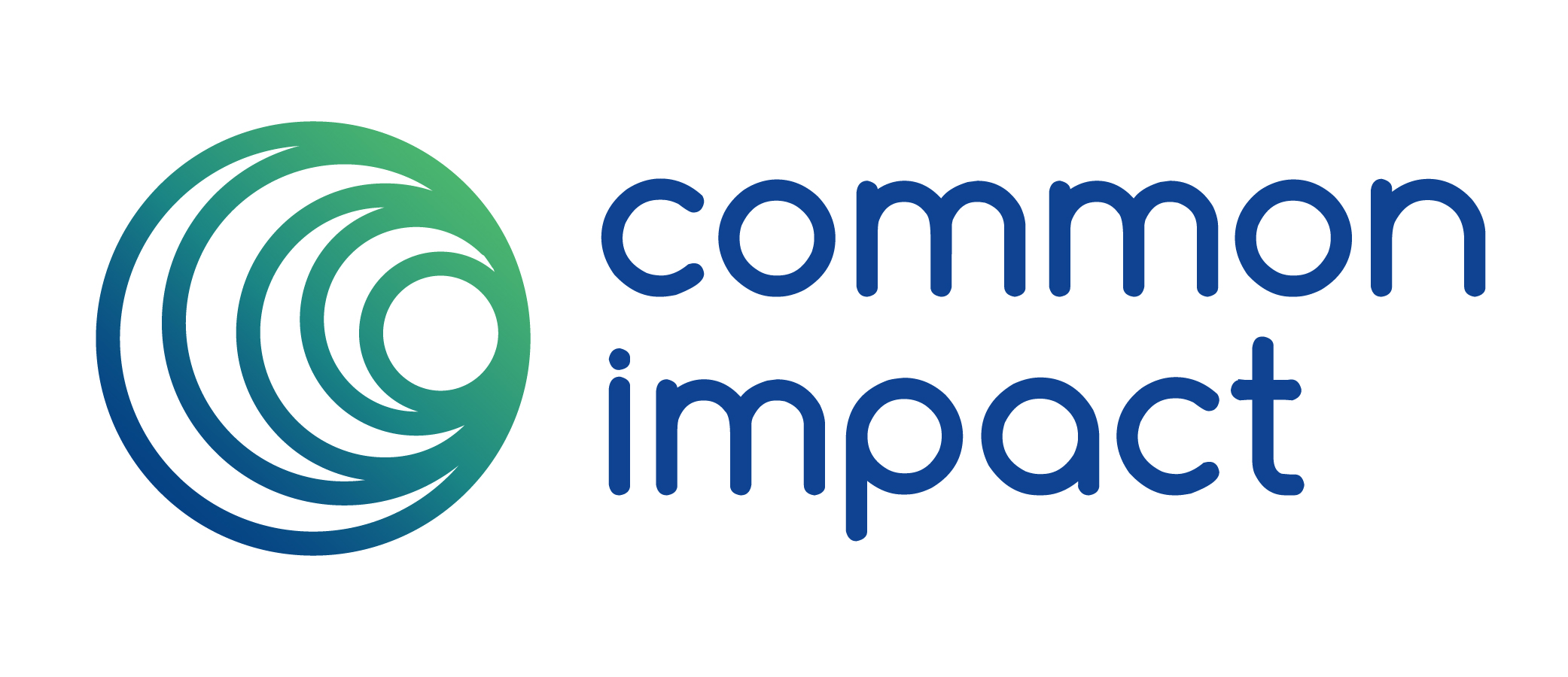Pro Bono Perspectives: Brian Glaser
We all know that skills-based volunteering is a great idea for companies, its people and, most importantly, the nonprofits that deliver critical services every day to our communities. Still, whether you’re excited to bring a skills-based volunteer program to your company, become a skills-based volunteer yourself or find professionals to help move your nonprofit organization to the next stage, it can be hard to figure out how to take that first step in making SBV a truly effective resource for you!
Common Impact is excited to launch Pro Bono Perspectives, a series of profiles – people like you – who took a leap into skills-based volunteering. From intrapreneurs, to entrepreneurs, to nonprofit executives, to corporate leaders – these individuals all have their own stories to tell, successes to share, lessons they’ve learned and tools they’ve used.
Meet Brian Glaser. As Managing Editor of Big Red & Shiny, an entrepreneurial nonprofit that’s making a big splash on the arts scene in Boston, Brian knows first-hand how critical skills-based volunteers can be to a growing organization. Hear his story, and learn how his partnership with John Hancock’s top talent has helped his organization unlock an even larger vision of impact.
Describe your work and what drives you.
I am the Managing Editor of Big Red & Shiny, a small, Boston-based nonprofit arts organization, where I oversee and coordinate the editorial activities of our web-based journal. Founded in 2004 and re-launched in 2012, Big Red & Shiny strives to create a flexible, living document of visual arts practices in Boston and the Northeast and to expand their visibility through coverage and criticism.
What was your first exposure to Pro Bono?
My first exposure to Pro Bono work was during this first web-based project with our team at John Hancock. Though I had volunteered at nonprofits before and witnessed a number of outreach programs while in New Orleans post-Katrina, I had never been on the client side of those relationships.
Why did you become “hooked” on Pro Bono / Skills-Based Volunteering?
Big Red & Shiny is run entirely by skills-based volunteers. Those individuals who choose to be a part of the organization bring a number of diverse strengths to the work we do. We understand the importance of Pro Bono work and what it can do to transform a nonprofit. We believe strongly in the work that we do and realize that Pro Bono programs like the one we benefitted from are an integral part to our organization’s future.
What has been most rewarding about participating in a Pro Bono program?
As an organization participating in a Pro Bono program, the most lasting impact has been the amount of capacity building we were able to acquire in such a short amount of time. Developing organizational and technical skills from individuals who utilize their skills in a different sector than our own has made our experience that much more profitable.
What was most challenging, in your role, about leveraging or participating in a Pro Bono program?
Managing a small nonprofit often consists of finding ways to leverage capacity. We have learned to accept our limitations and to focus our time and mission, and have developed a keen understanding of what resources we need to sustain our current work. The most challenging aspect of participating in a Pro Bono program as a client was a result of this mindset: we struggled to identify what the organization could be, or what we wanted it to be given the right set of tools. When presented with this opportunity, and with help from our team of volunteers at John Hancock, we were able to tackle challenges that have prevented us from growing and were given space to imagine our future.
If someone was in your shoes, looking to get started with skills-based volunteering for the first time, what advice would you give or tool would you point them to?
I would advise them to spend time at the beginning of the project to clearly identify the goals and the desired outcomes. It is also essential to create a constant and open line of communication between the client and volunteers is to keep the project on track and to build trust as it progresses.
If Pro Bono were a celebrity, who would it be and why?
Theaster Gates—a social practice installation artist whose work has been shown at museums and galleries internationally, and is committed to the revitalization of poor neighborhoods through a combination of urban planning and art practices. He is best known for the Dorchester Projects, where he worked to restore formerly abandoned buildings on Chicago’s South Side and turned them into cultural institutions.
Stay tuned for Brian’s full story and access to Common Impact’s tools for nonprofit leaders later this month when we launch Pro Bono Perspectives!



